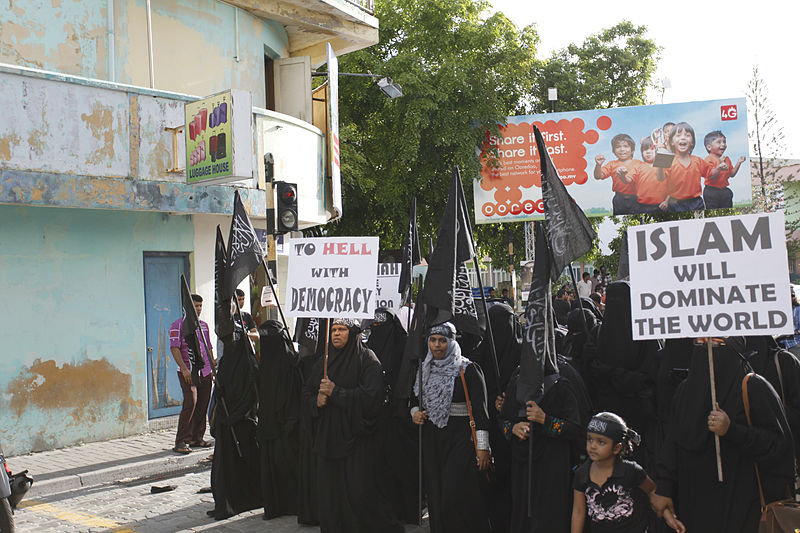
With much of the West’s attention fixated on Russia and Ukraine, the political influence of Islam shows signs of both decline and resurgence. In the scholarly newsletter Quillette (January 21), Imran Said reports that Islamist governments, “once seen as an unstoppable force throughout most of the Muslim world,” are now seen as being incapable of delivering on their promises, “incompetent and out-of-touch (as has been the case in the Arab world) and at worst, economically disastrous (as has been the case in Turkey and Sudan). In the more consolidated democracies of Malaysia and Indonesia, Islamist movements are fractious, riven by internal divisions and overly ambitious leaders. The Taliban may be back, but it would be a mistake to overstate the power of Islamist movements around the world.” Said points to the fall of the Ennahda party in Tunisia in 2021. The moderate Islamist party had ceased its proselytizing activities and focused on politics by 2016, but it alienated its conservative base while failing to appeal to new voters. In both Morocco and Turkey, other moderate Islamist parties have lost popular support. Morocco’s Justice and Development Party angered both secular and religious voters when it went along with policies that contradicted its conservative principles, including economic liberalization, the legalization of cannabis, and the normalization of relations with Israel. Turkey’s Justice and Development Party has meanwhile presided over a depressed economy and a currency crisis.

Wikimedia Commons
Outside of the Middle East and North Africa, Sudan saw the most dramatic “fall from grace of any Islamization project across the Muslim world,” with 30 years of authoritarian rule by the Islamist National Congress Party coming to an end in 2019. Even in Indonesia, where Islamists have made some gains in society and its institutions, a pre-election study of the campaign platforms of 72,486 candidates at all levels of government found that only 5.7 percent of them explicitly referred to religious themes. In the journal Foreign Affairs (January/February), Vali Nasr argues that even as the Biden administration has de-emphasized engagement with the Middle East, the “struggle for geopolitical primacy between Iran’s Shiite theocracy and the countries led by Sunni Arabs and, more recently, Sunni Turkey, is stoking conflict across the region—eroding social compacts, worsening state dysfunction, and catalyzing extremist movements.” The conflict between Sunni and Shiite Islam “has ebbed and flowed over the past two decades,” but “sectarianism’s salience to the region’s politics has not waned,” Nasr writes. While Iran’s Shiite Islam has been able to remain on top in regional conflicts, the withdrawal of the U.S from Middle Eastern affairs has enabled Sunni groups to try to fight such influence. The specter of Sunni extremism worries Iran, especially after the Taliban returned to power and other Sunni states are mending ties with Turkey, which under President Recep Tayyip Erdogan sees itself as a “defender of Sunni prerogatives.”
(Quillette, https://quillette.com/2022/01/21/in-the-muslim-world-islamism-is-going-out-of-vogue/)